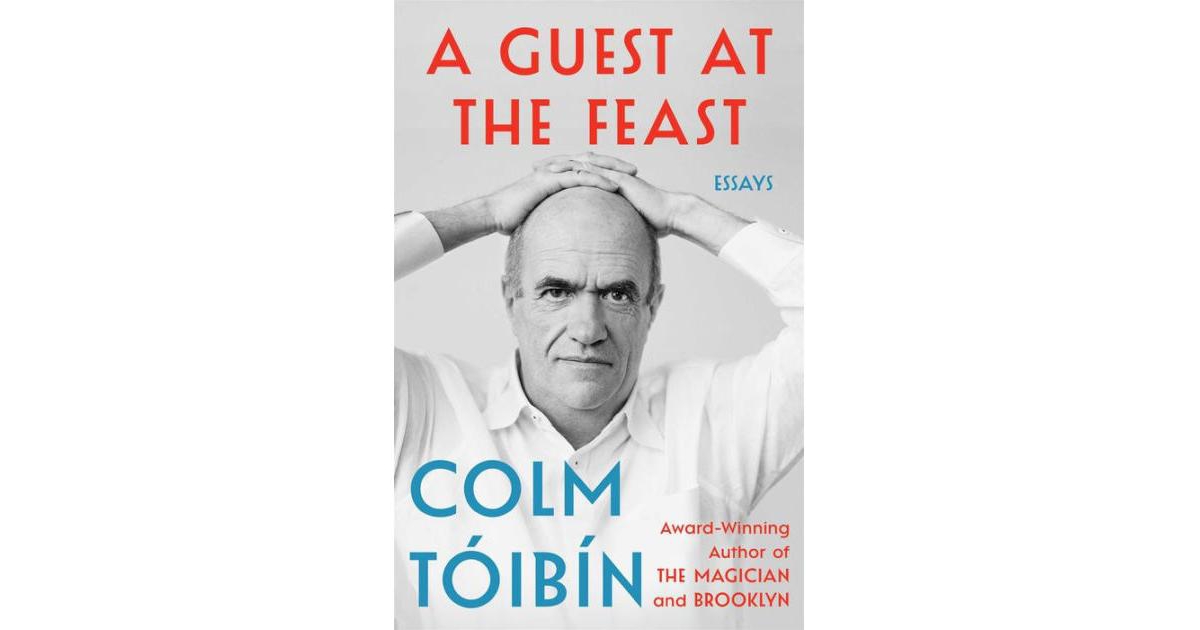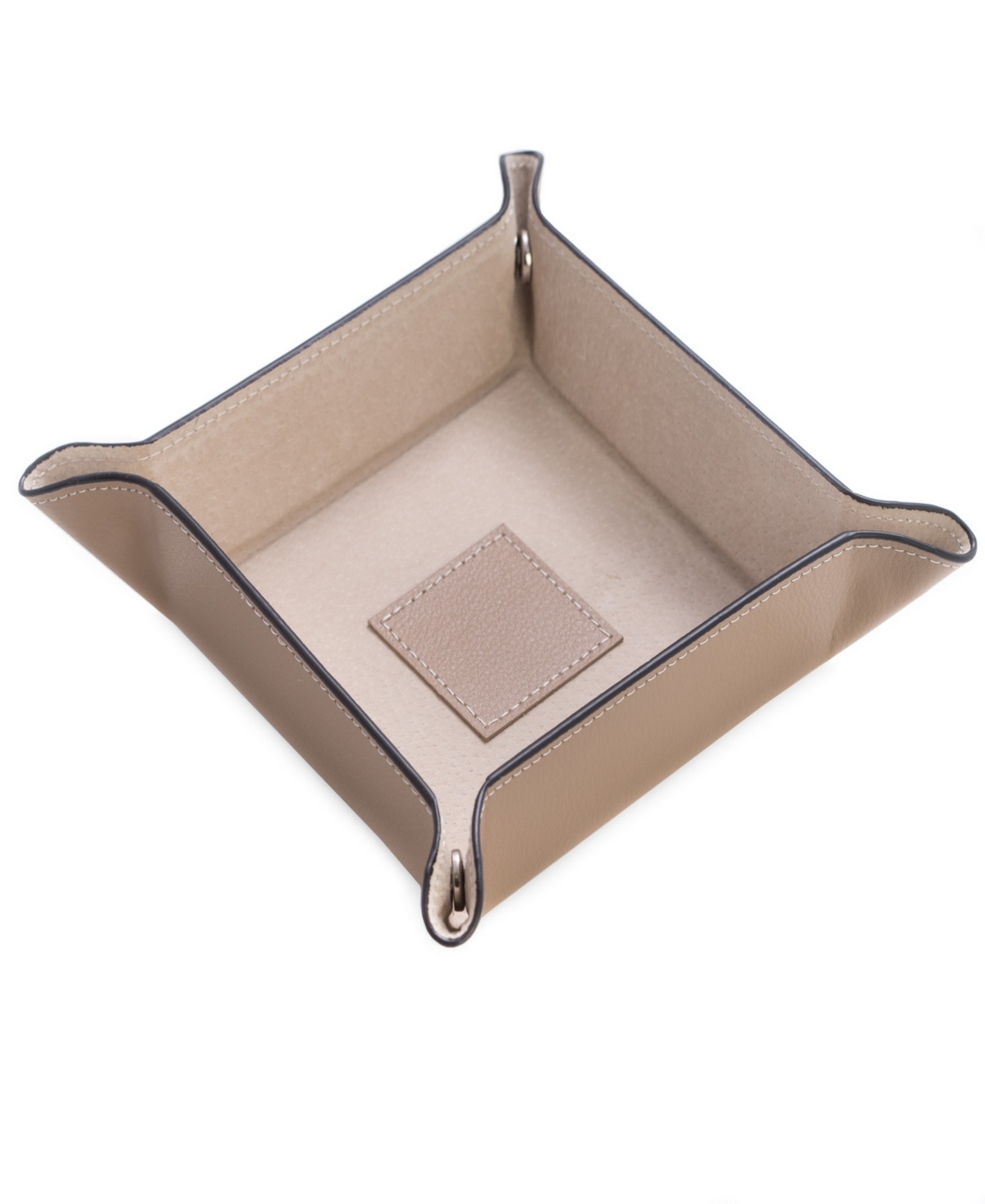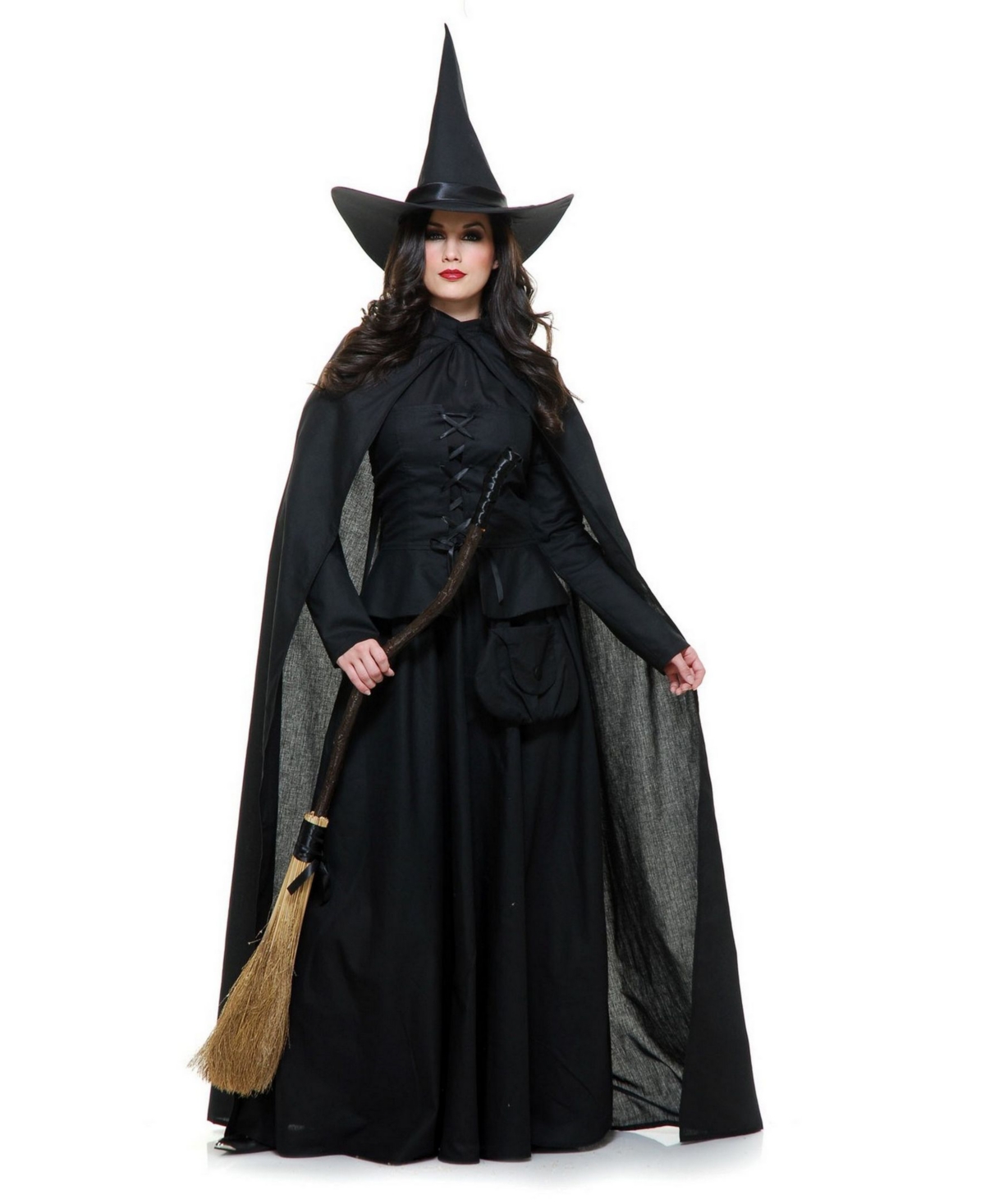From one of the most engaging and brilliant writers of our time comes a collection of essays about growing up in Ireland during radical change, about cancer, priests, popes, homosexuality, and literature. It All Started With My Balls. So begins Colm Toibin's fabulously compelling essay, laced with humor, about his diagnosis and treatment for cancer. Toibin survives, but he has entered, as he says, the age of one ball. The second essay in this seductive collection is a memoir about growing up in the 1950s and '60s in the small town of Enniscorthy in County Wexford, the setting for many of Toibin's novels and stories, including Brooklyn, The Blackwater Lightship and Nora Webster. Toibin describes his education by priests, several of whom were condemned years later for abuse. He writes about Irish history and literature, and about the long, tragic journey toward legal and social acceptance of homosexuality. In Part Two, Toibin profiles three complex and vexing popes - John Paul Ii, Benedict Xvi and Francis. And in Part Three, he writes about a trio of authors who reckon with religion in their fiction. The final essay, Alone in Venice, is a gorgeous account of Toibin's journey, at the height of the pandemic, to the beloved city where he has set some of his most dazzling scenes.









